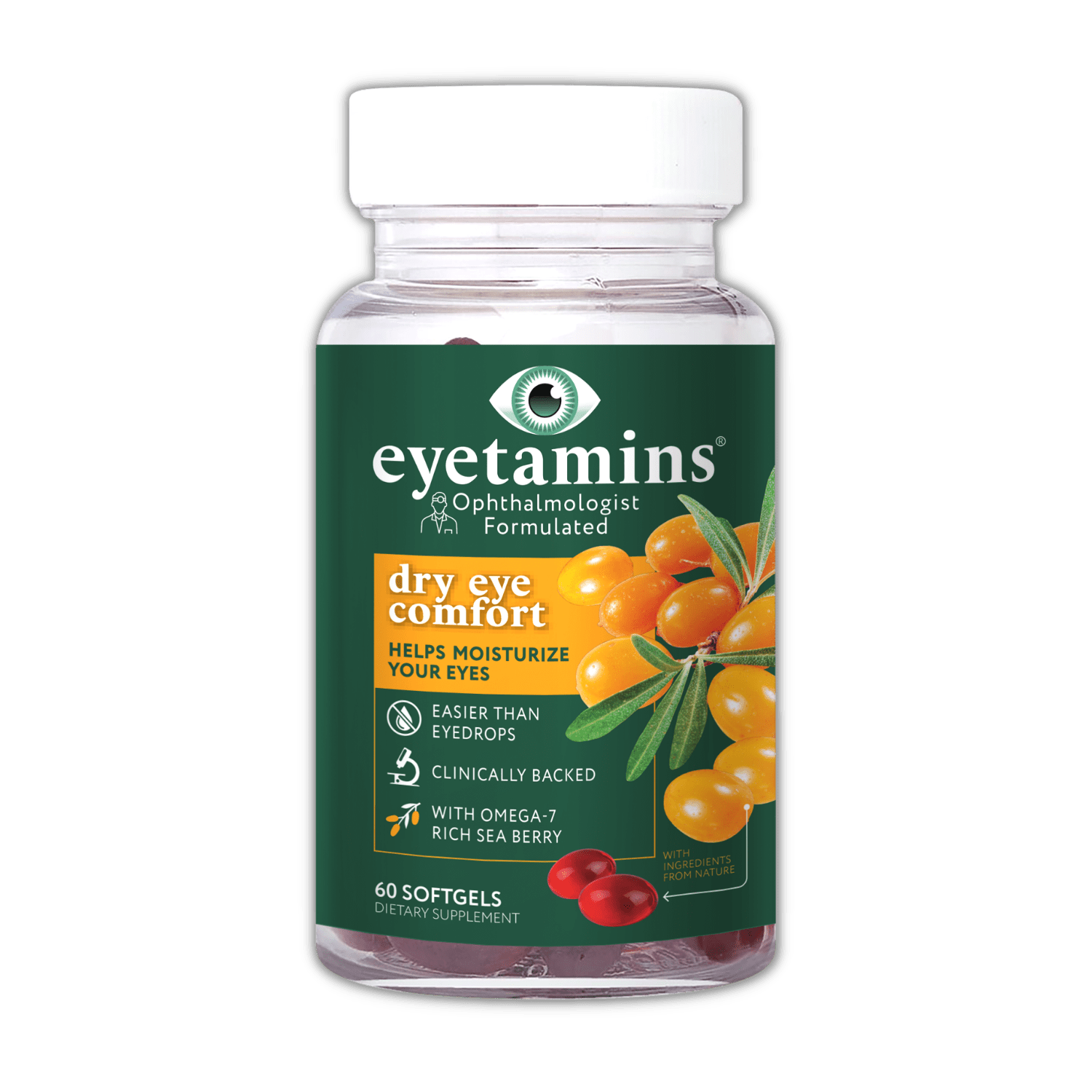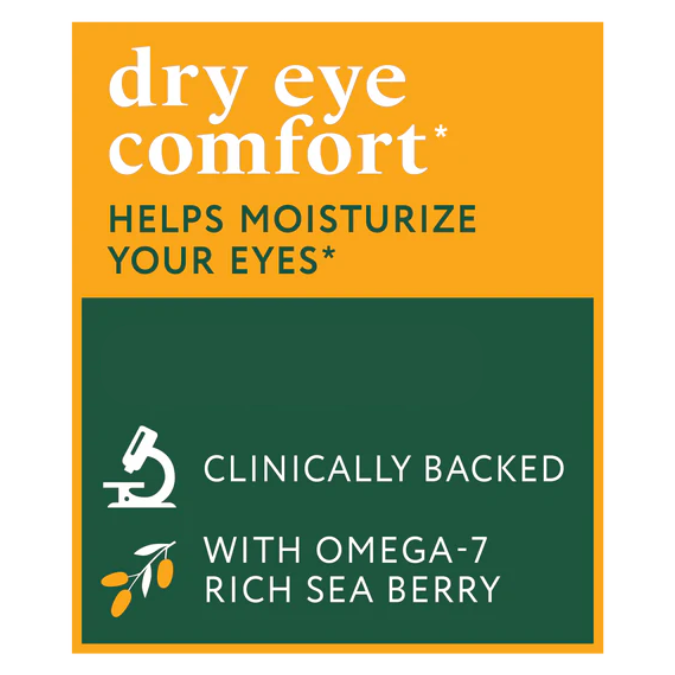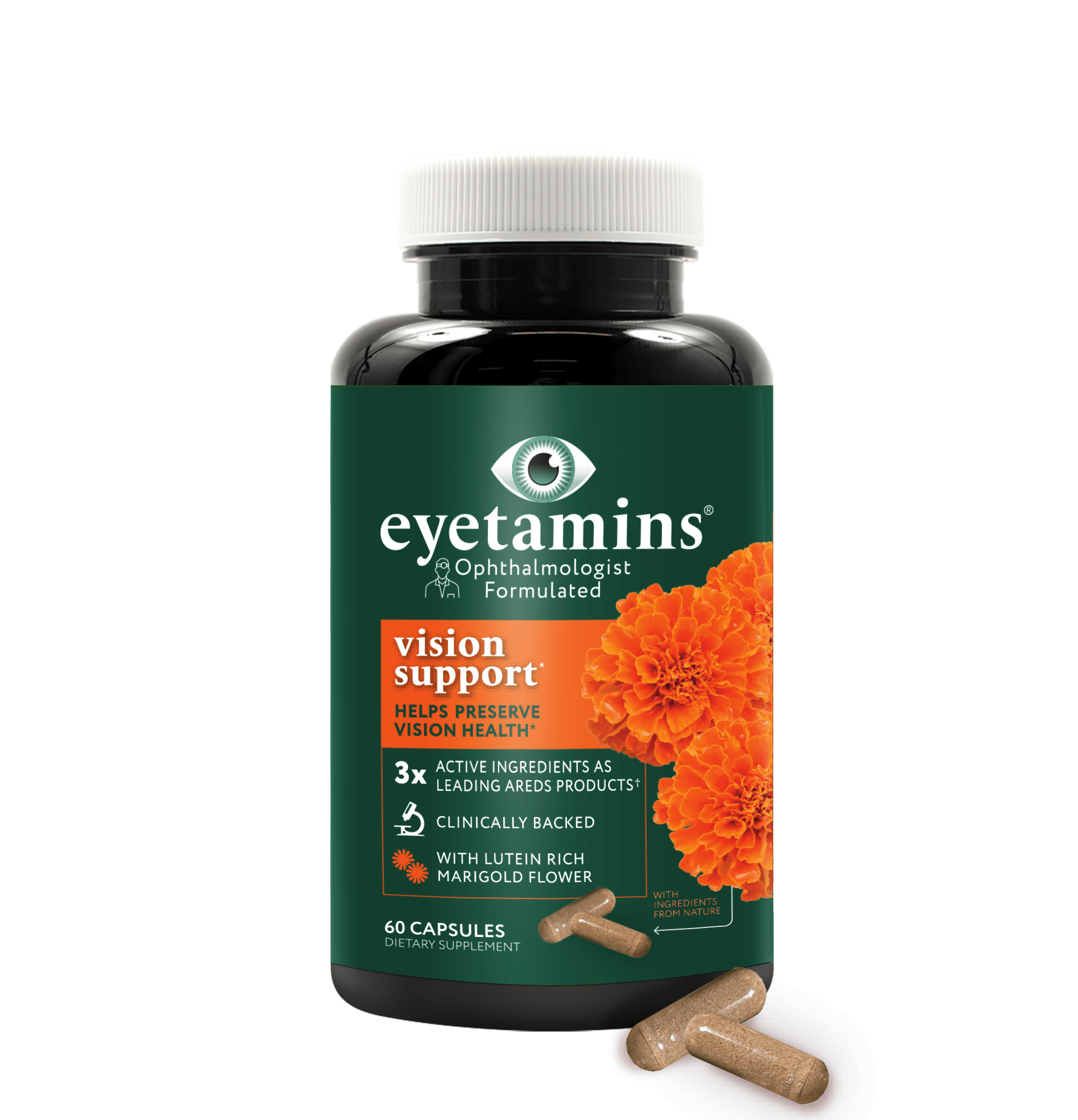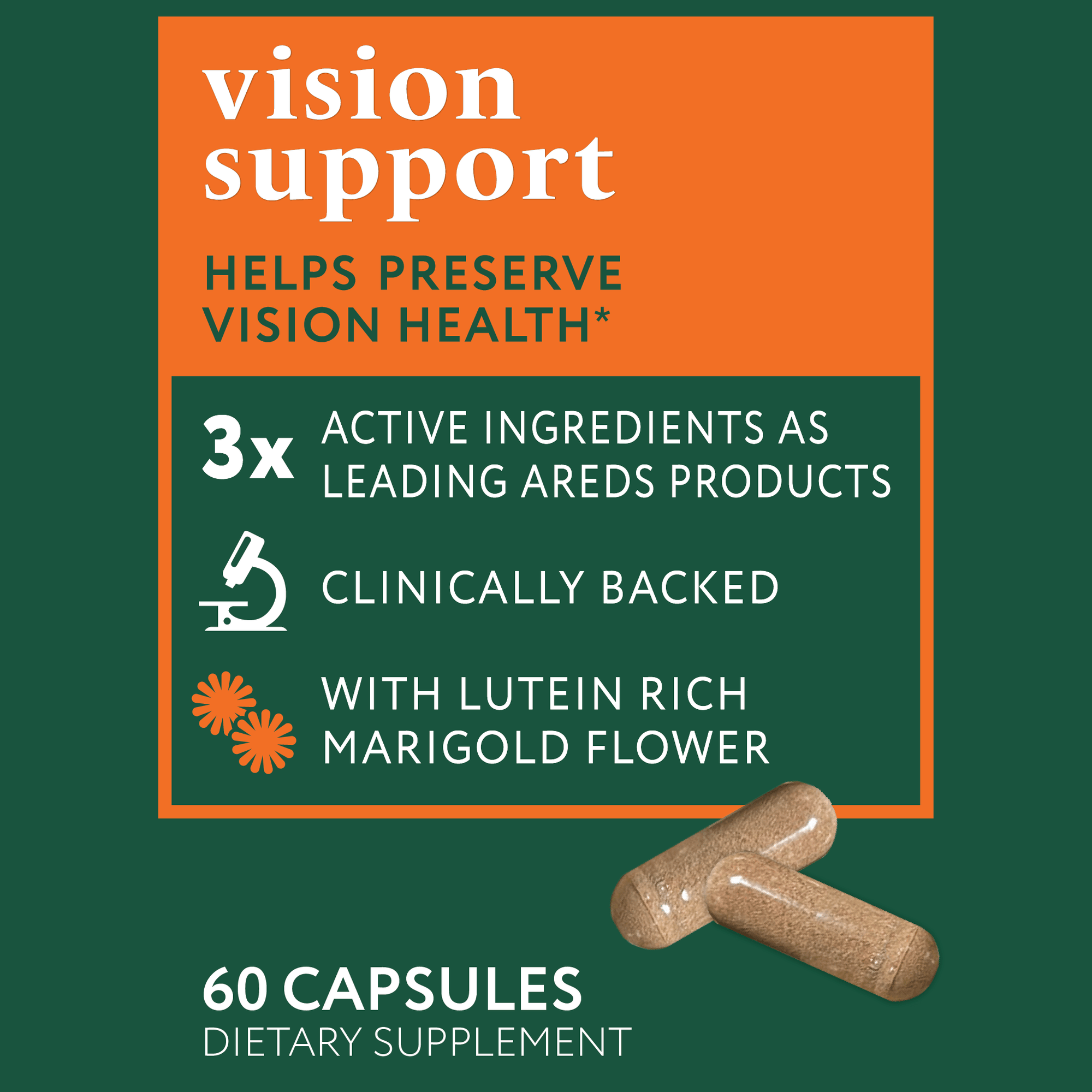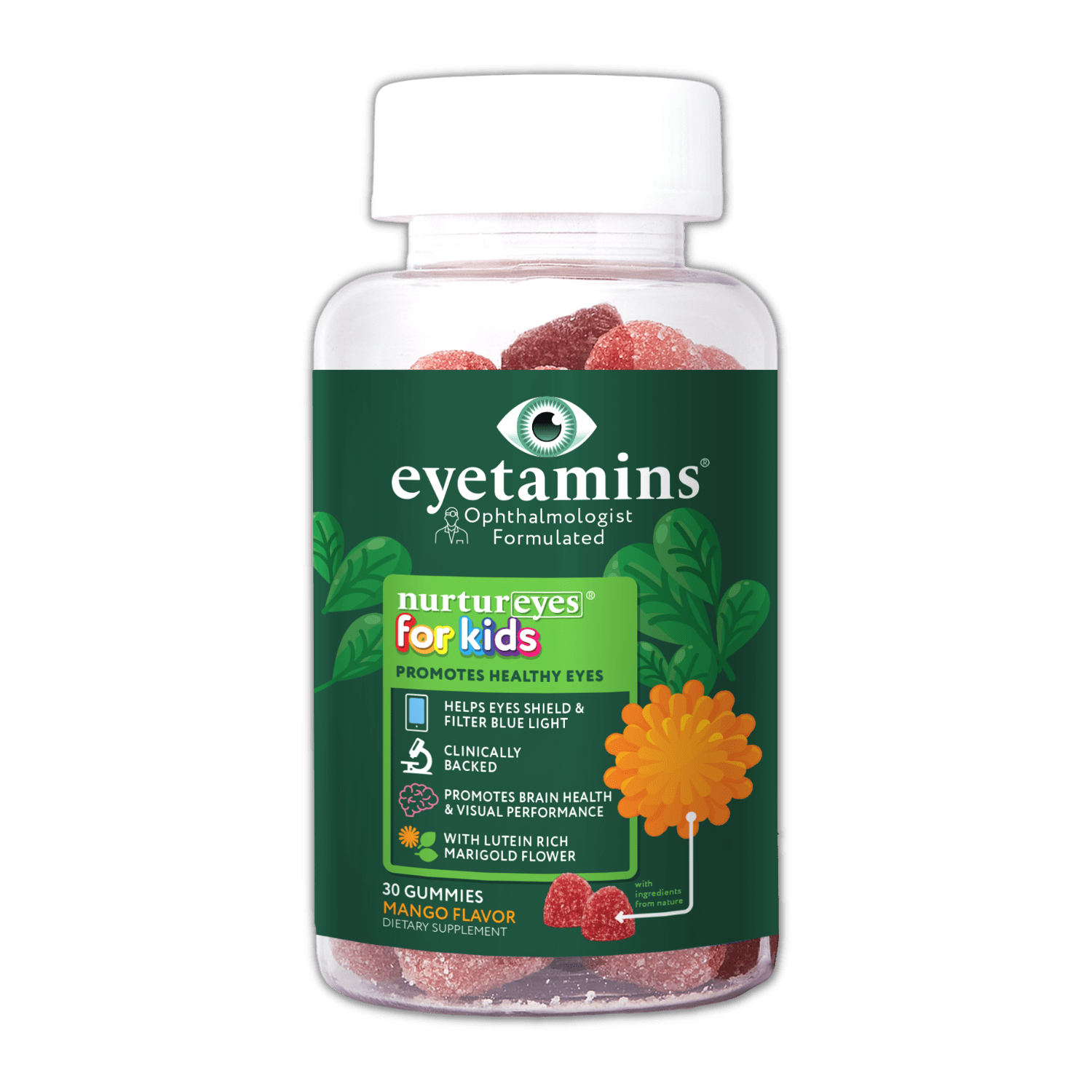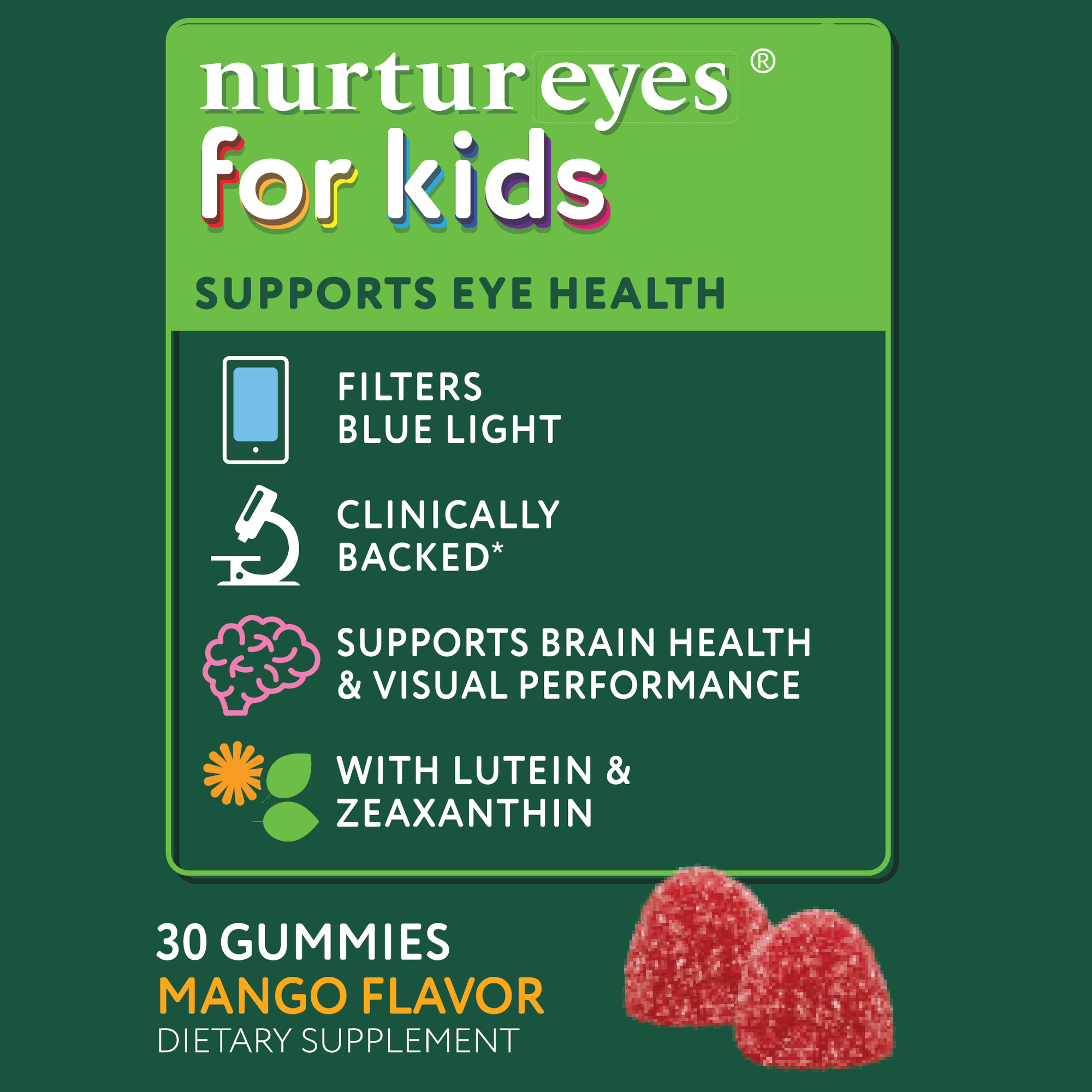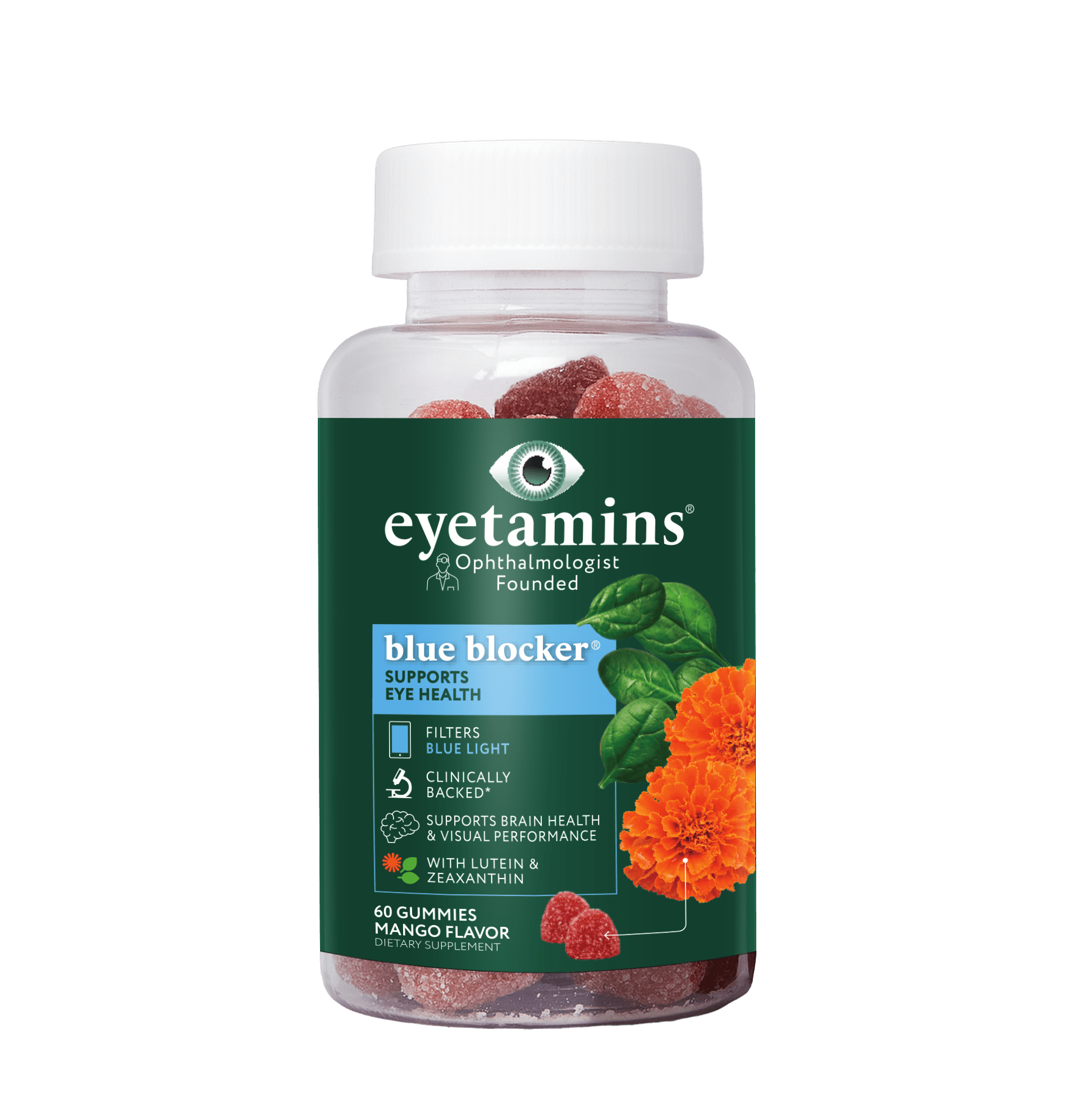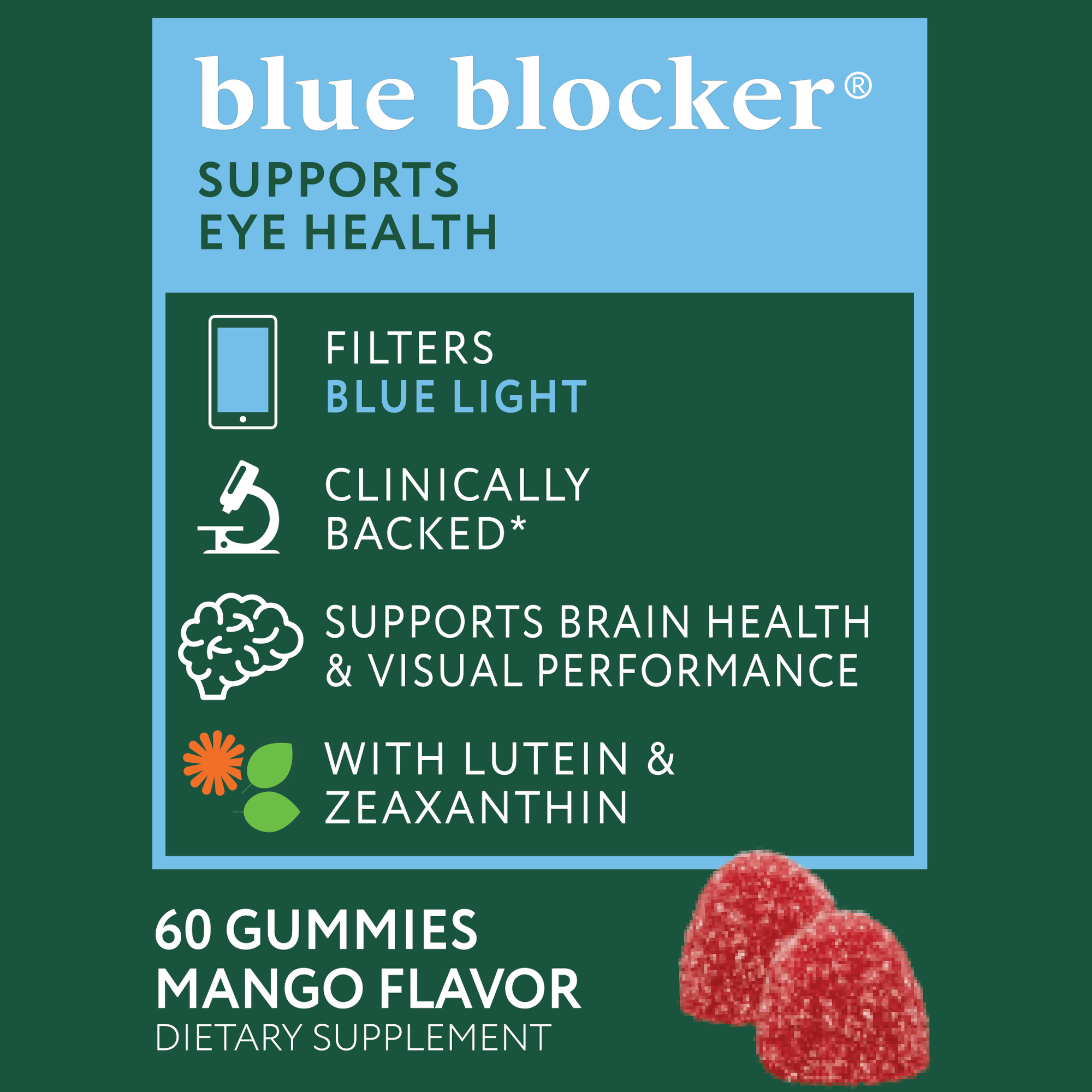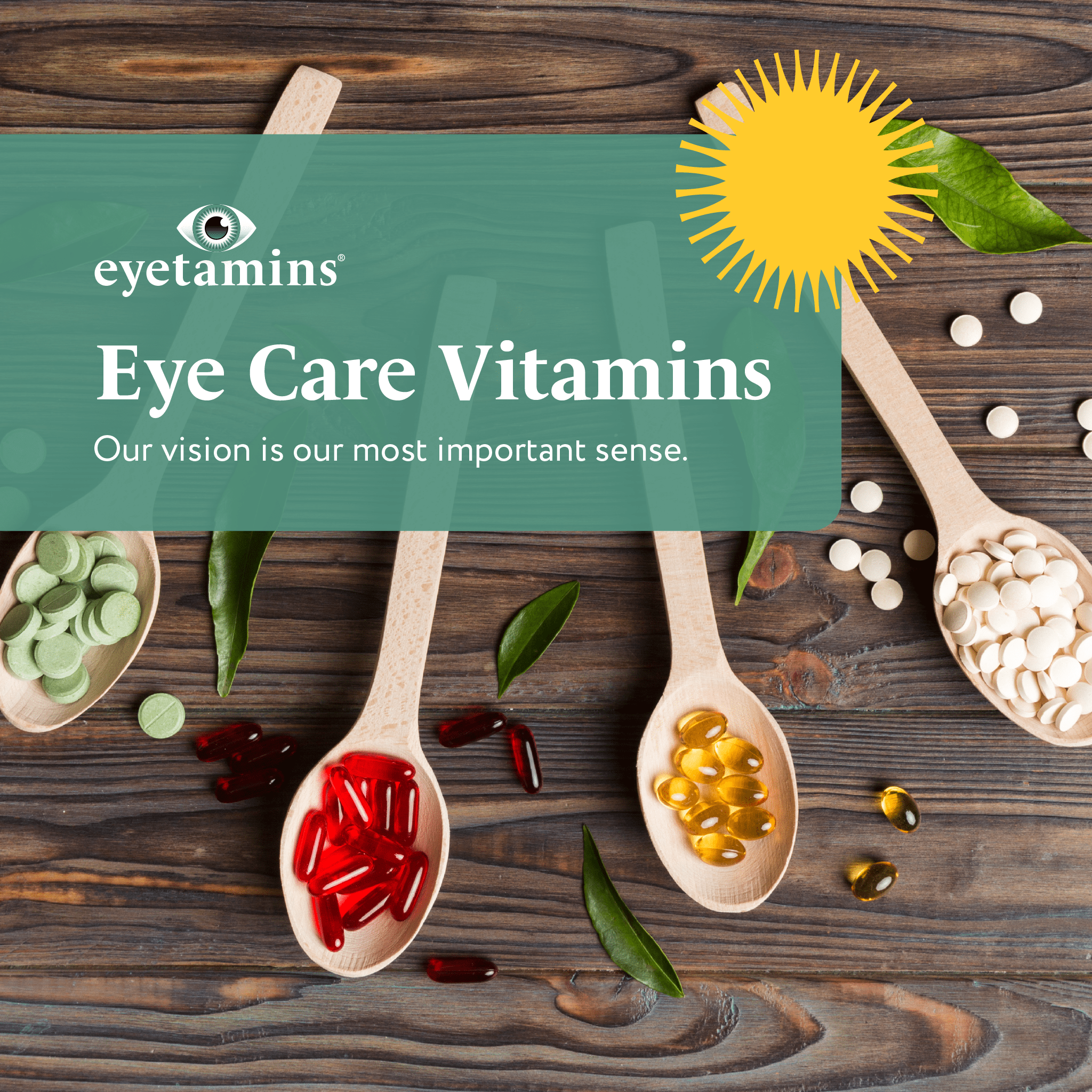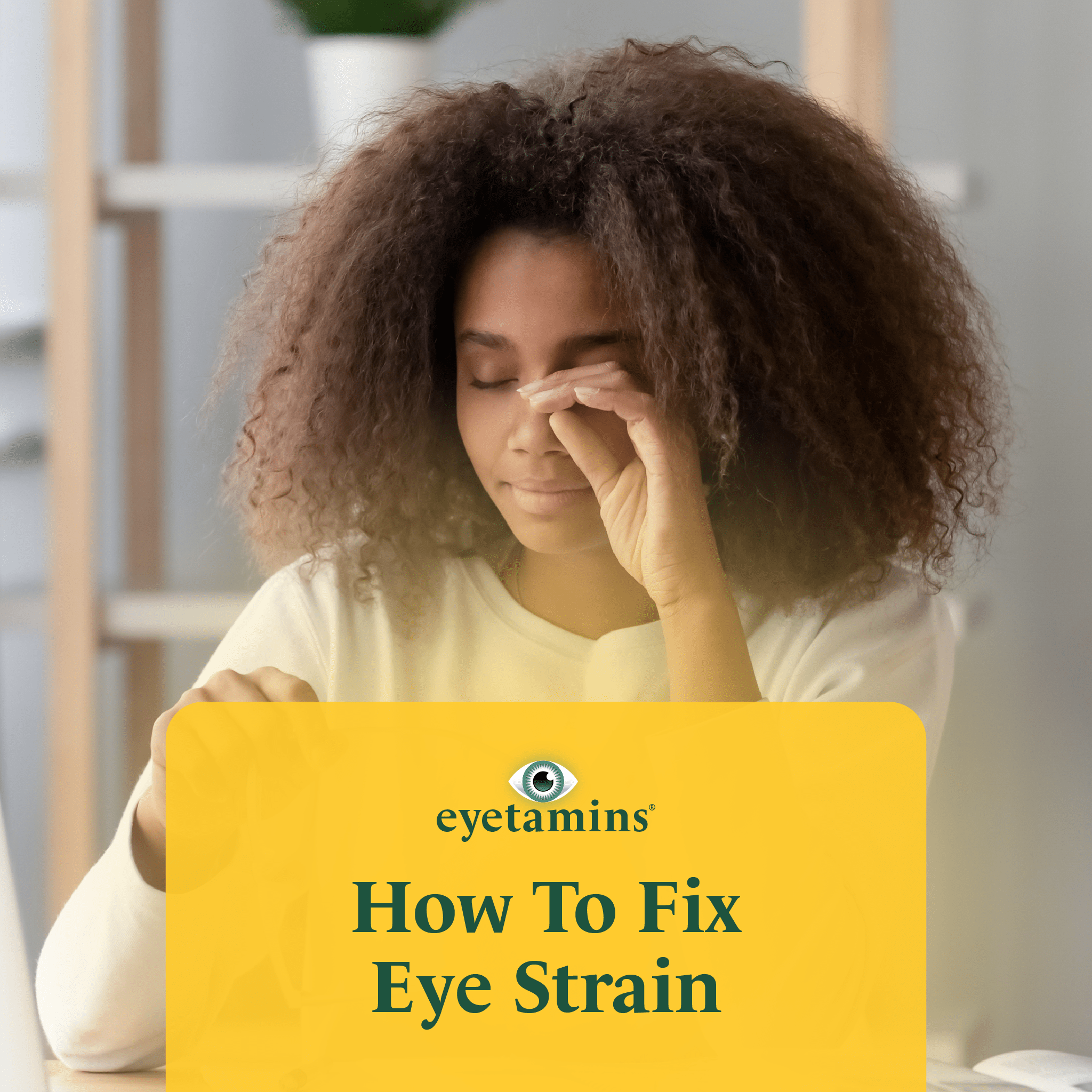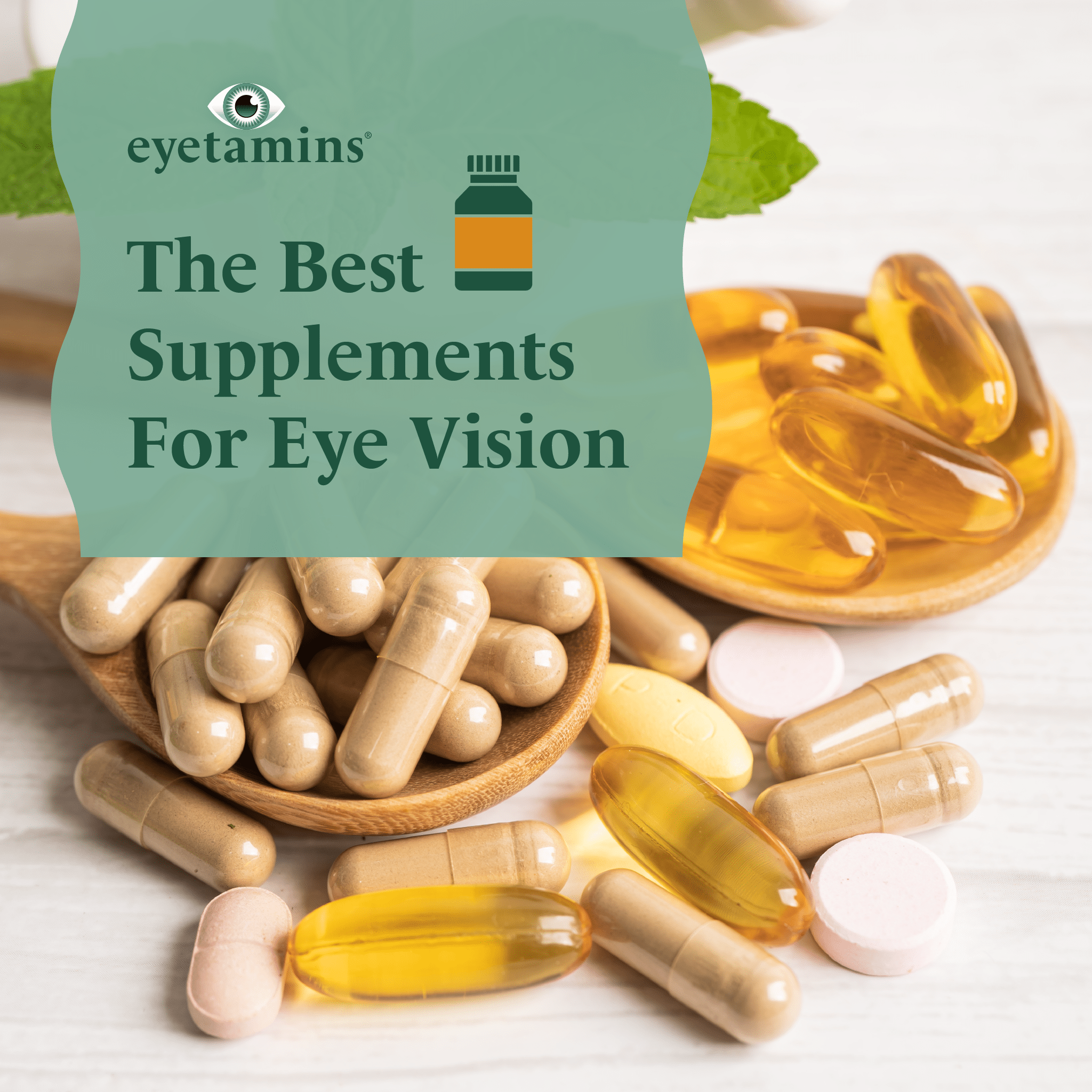· By Joey Brennan
Why is Zeaxanthin Is Good For Your Eyes?
Thanks to science, we already know that the human body needs vitamins and nutrients to survive. Each vitamin or mineral we ingest is then used to benefit different parts of the body. For example, most people have been told to take some vitamin C when they are sick to help with hydration and inflammation, or to sit in the sun to get some much needed vitamin D. Other vitamins and minerals, like zinc, have also been shown to help with inflammation.

So what about the rest of the body? How do nutrients get used throughout the entire body-- especially the important parts o four body like our eyes? It’s impossible to see without them, and our vision is important, so we want to do our best to protect them. As luck would have it, there are certain nutrients that are beneficial to the eyes, with Zeaxanthin being one of them.
Zeaxanthin
Zeaxanthin is a macular carotenoid that helps protect the eyes from light-induced damage and oxidative damage. Carotenoids are fat-soluble pigments that give plants and veggies their color. They are typically yellow, orange, or red in color. Ironically, zeaxanthin is the yellow pigmentation found in the macula (the functional center of the retina). This yellow-colored pigment works as a shield for the eye cells to protect from harmful light, including the sun.
Zeaxanthin Benefits
By providing UV and high-energy light protection, Zeaxanthin acts as our “internal sunglasses” and can help with the following:
- Light sensitivity: It helps filter the light thus lessening the discomfort from sudden bright light.
- Glare recovery: Glares can cause temporary blindness. Generally it only lasts for a few seconds. The shield it creates helps reduce issues caused by glare from happening.
- Contrast sensitivity: This means you have the ability to distinguish an object from its background. Light reflections can tamper with how you see things. By protecting your eyes, you are less at risk of odd reflections affecting your vision.
In addition to light protection, it has been found to benefit those who suffer from any of the following health conditions:
- Age-related macular degeneration (AMD): AMD is the leading cause of blindness in the United States.
- Free Radicals: Free radicals damage cells causing progression of heart disease, cancer, Alzheimer’s, and Diabetes. Anti-oxidants like zeaxanthin help cancel out free radicals in the retina so they can not cause any damage.
Additional studies have shown that Zeaxanthin can benefit the skin as well. Just like the carotenoid protects our eyes from light, when acting as an antioxidant it protects the skin from UV rays while also slowing aging of the skin.
Zeaxanthin Foods
Our body starts with a specific amount of Zeaxanthin within it, but it is never replaced. As we grow, our bodies will not produce more; meaning we are more susceptible to harmful light if we do not obtain it through our diet and vitamin regimine.
You can find Zeaxanthin in a variety of foods, such as:
- Spinach
- Kale
- Corn
- Pistachios
- Egg yolk
- Freekeh (a grain)
- Orange peppers
- Broccoli
- Turnip greens
- Dietary supplements or vitamins
- Other green, leafy veggies

It is estimated that we consume 1-3 mg of Zeaxanthin a day through our diet. If you have eye-related health conditions, you may require more than this. Scientists have found that fat aids absorption of nutrients; therefore, it is recommended to add healthy fats to your diet to ensure the vitamins and nutrients you are ingesting are being absorbed properly.
Unlike other substances we ingest, Zeaxanthin has no known negative side effects. However, if an adult exceeds the daily recommended level (10 mg), their skin may appear yellow in color. This is harmful and will go away on its own once their levels return to normal.
Zeaxanthin Isomers
It is important to note that meso-zeaxanthin is an isomer created from the breakdown of lutein (the other carotenoid found in the retina). Not all zeaxanthin supplements contain meso-zeaxanthin, but it is an important component of carotenoids in the macula.
Meso-zeaxanthin can be found in food such trout, the fat of sea turtles, and shrimp shells; however, it is usually in very small doses which means there is not enough of it to do what it needs to do to shield the macula. If you are using a dietary supplement, you can check the label for “zeaxanthin isomers” to know if it contains Meso-zeaxanthin.

Assuming you live a healthy lifestyle consisting of large amounts of leafy greens and take your eyetamins daily, you should be getting the right amount of Zeaxanthin to protect your eyes, specifically the retina, from harmful high-energy light. Eyetamins won’t just help your vision when it comes to light, they will boost the overall health of your eyes and prevent future eye-related health issues.
Share:
1 comment
-
My son is leagally blind and he complains about the glare from the sun and light sensitivity
Colette Qualls on


